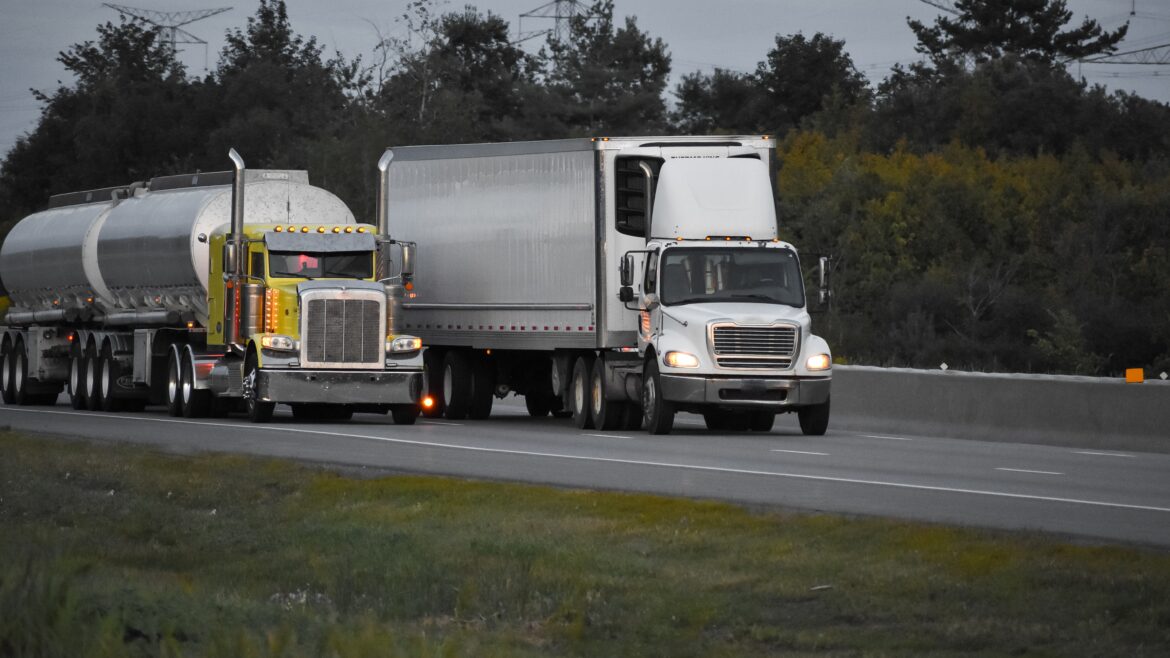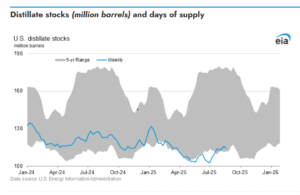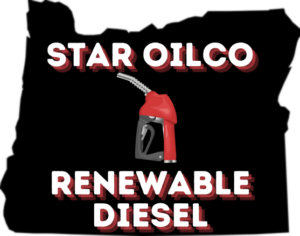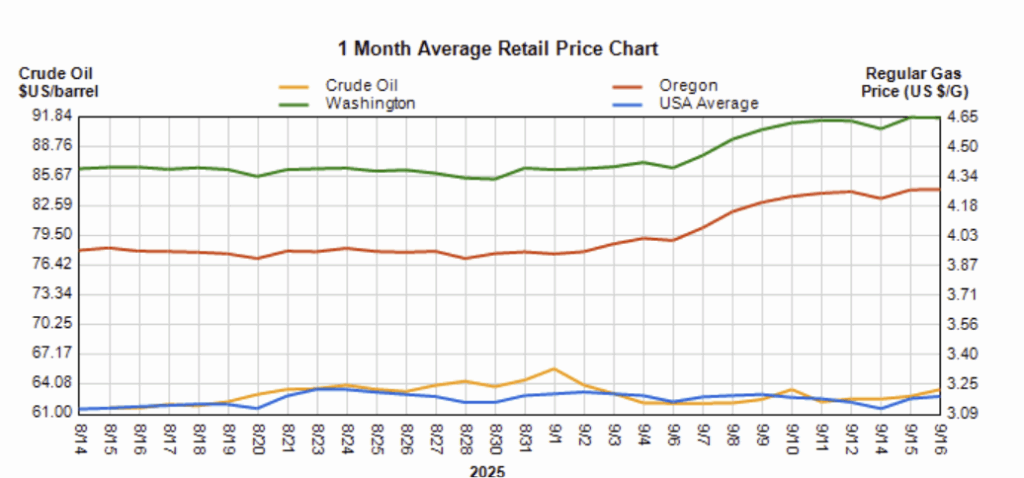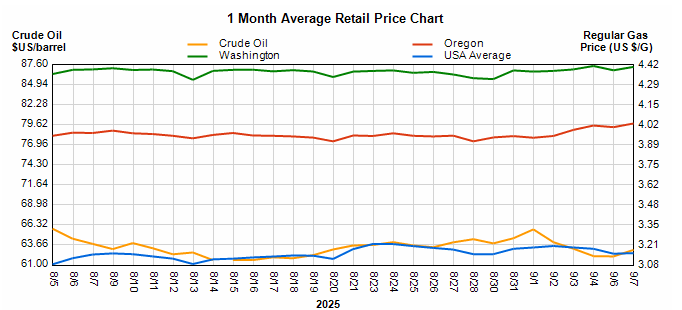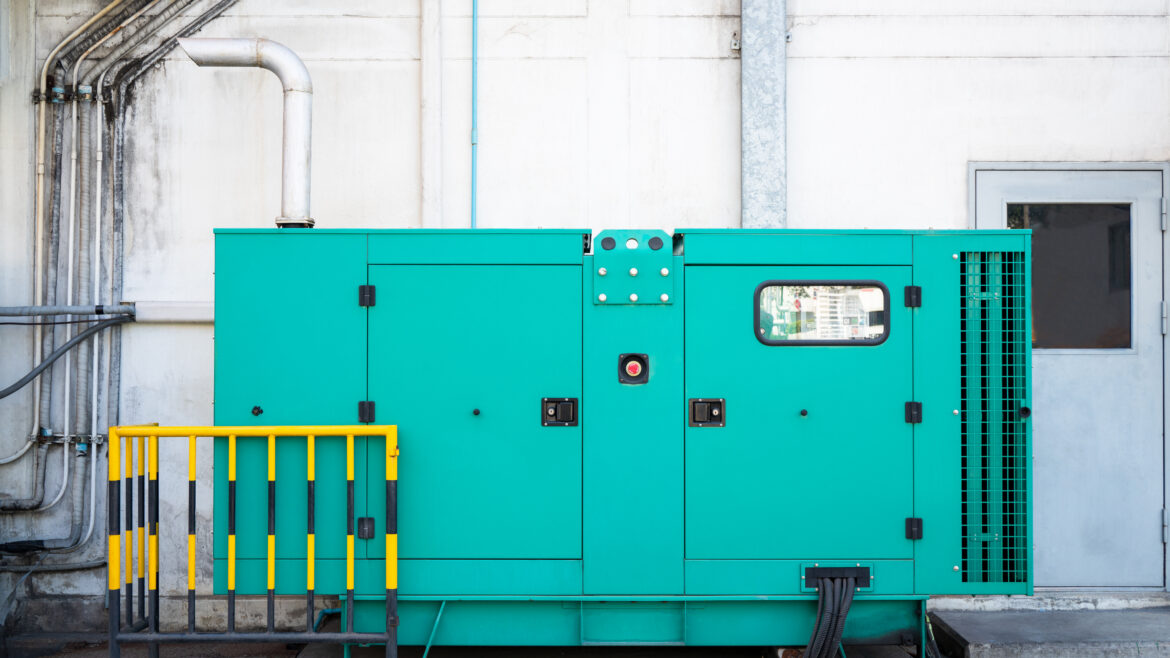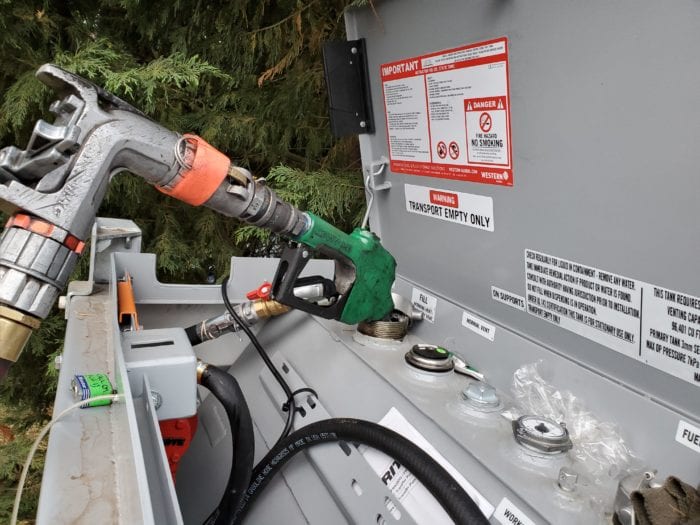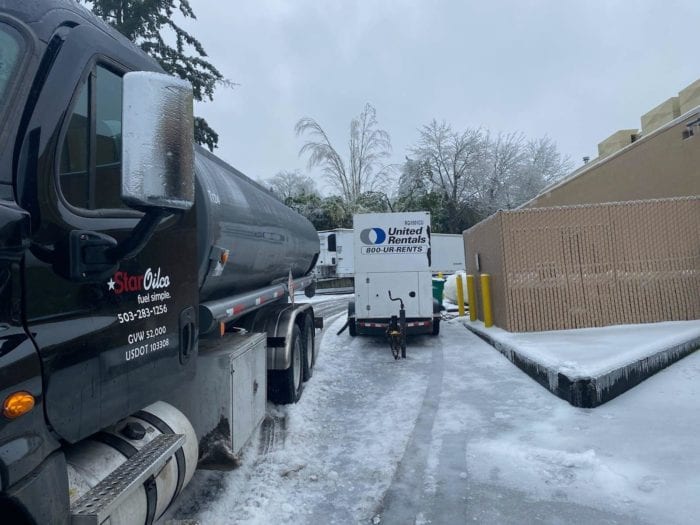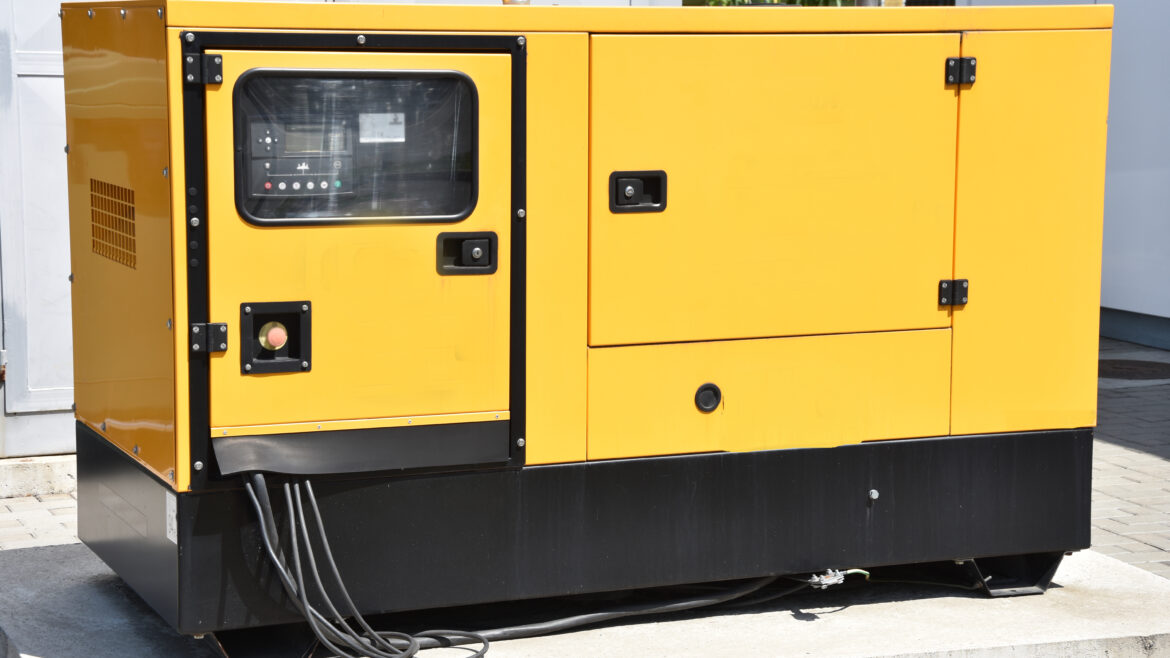Fuel Market Report: For Sept 28th – Oct 4th, 2025
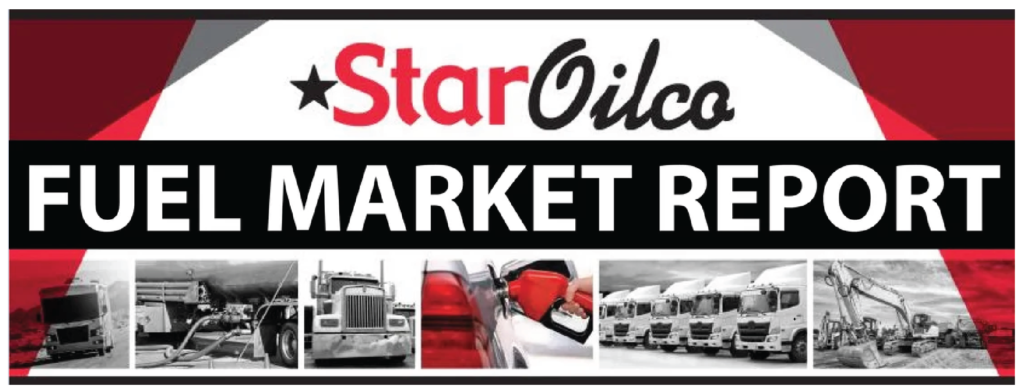

Did You Know That R99 Is The Same Cost As Diesel Currently?
Call to set up R99 Mobile Fueling Onsite Service in Portland at the same cost of retail diesel. Dyed untaxed R99 is also available. Give us a call today to schedule your delivery.
Wholesale Price Average 10/4/25
| Wholesale Low | Wholesale Avg | |
|---|---|---|
| E10 | $2.56 | $2.69 |
| B5 | $2.81 | $2.93 |
| B20 | $2.83 | $3.05 |
| R99 | $2.74 | $2.85 |
Average Retail Prices 10/4/25
| National | Oregon | Washington | |
|---|---|---|---|
| E10 | $3.12 | $4.13 | $4.51 |
| B5 | $3.68 | $4.47 | $5.06 |
Taxes
| Federal | State: OR | Local | State: WA | |
|---|---|---|---|---|
| Gas | $0.184 | $0.40 | $0-.13 | $0.494 |
| Diesel | $0.244 | $0.40 | $0-.13 | $0.494 |
Portland Retail Fuel Price Variance

Fuel Market News
Fuel prices varied this past week as gas prices increased slightly and diesel prices dipped. Gas prices increased by $0.13/gal on the rack average market and dropped $0.06/gal on the retail street market. Diesel prices dropped $0.10/gal across the board for rack averages, while the retail street average did not move from the week prior. As mentioned in earlier reports, gas prices should come down in the coming weeks with the winter fuel blend back on the market. Fuel prices typically reach their lowest price level from October to December every year. We can expect the same in the coming weeks. Oil prices are also currently below $62/barrel, which will help contribute to lower prices.
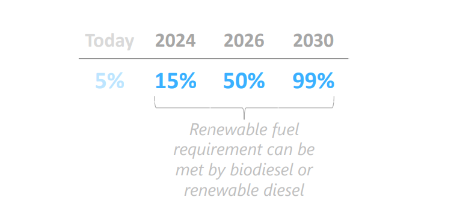
Important Note: Per the City Of Portland, “Distributors in the City of Portland are required to meet the minimum biofuel content requirements for all fuel they distribute beginning on May 15, 2024. All diesel fuel distributed to retail stations, non-retail dealers, or wholesale purchaser-consumers must include a minimum of 15% biofuel content, from either renewable diesel or biodiesel. This requirement increases to 50% on May 15, 2026, and 99% on May 15, 2030”.
Want to know what to expect this Fall in regards to our diesel market? You can read our 2025 Diesel Market Outlook For Oregon.
Crude oil is trading just below $62, at a current price of $61.52/barrel. This is $1.59/barrel lower than it was last week.
Crude oil is the main ingredient for gasoline and diesel. Per AAA, on average about 50% of what you pay at the pump is the price of crude oil, breaking down as 25% refining, 11% distribution & marketing, and 14% taxes – a helpful breakdown for consumers wondering why they are paying the prices that they pay. Crude Oil is currently trading at $61.52/barrel compared to $63.11/barrel last week and $69 a year ago.
It’s essential to recognize that fuel prices result from a complex interplay of the factors mentioned above and other regional factors. Additionally, prices may vary by specific regions within Oregon and Washington. For the most precise and up-to-date information on fuel prices and the causes for these price changes within your area, use the links below for AAA & GasBuddy.
If you have any questions, feel free to contact Star Oilco and speak to one of our fuel market advisors to discuss how the market can impact your business.


